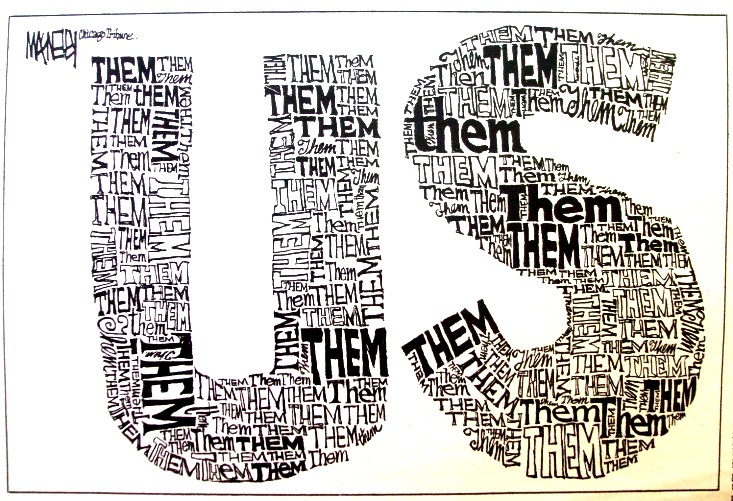
Do we possess a natural inclination to morally
refine ourselves? Is there a drive to change ourselves, our environment and
ultimately the world?
From an evolutionary view point, prominent atheists
such as Sam Harris have suggested the logical and mutually beneficial rationale
for the ‘inherent’ desire within man to be good. “We are good because it works
in our favour in the long run. Society will be safer because we need
to trust one another,” claims Harris.
Theists would point to our God-given souls that pine
to cleave to God and His goodness as the inner spark for moral redemption.
Both approaches seem to suggest that, at least in
principle, we want to not only be good, but be better.
Is this true?
Given an opportunity to do an anonymous good deed,
would we? Do we look for opportunities to help, or pretend we are blind to the
injustices and misfortunes of others?
Would a cash windfall motivate us to direct that
windfall towards making a positive impact on our surroundings, or would we
self-servingly use it as a means to take more for ourselves?
In a witty, insightful and somewhat confronting and
depressing piece, author and actor John
Hodgman conducted an informal survey in which he asked people to choose a super
power they would ask for if they could. It became evident that how we answer the
question reflects a lot about the kind of person we are.
“Does the choice of power indicate
the person you wish you could be, or reveal the person you’re afraid you
already are?”
Sadly, “No matter which power
people choose, they never use it to fight crime.”
If we are indeed designed, by
nature or by divinity, to strive for goodness, perhaps many of us are lemons...


